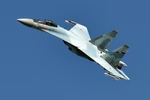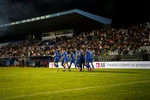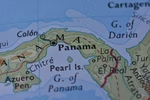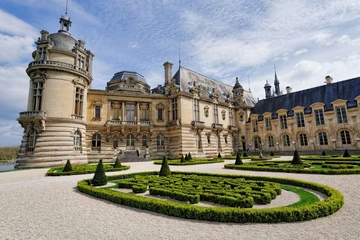Chetnik movement followers gather in Visegrad, victims' reps reiterate concerns
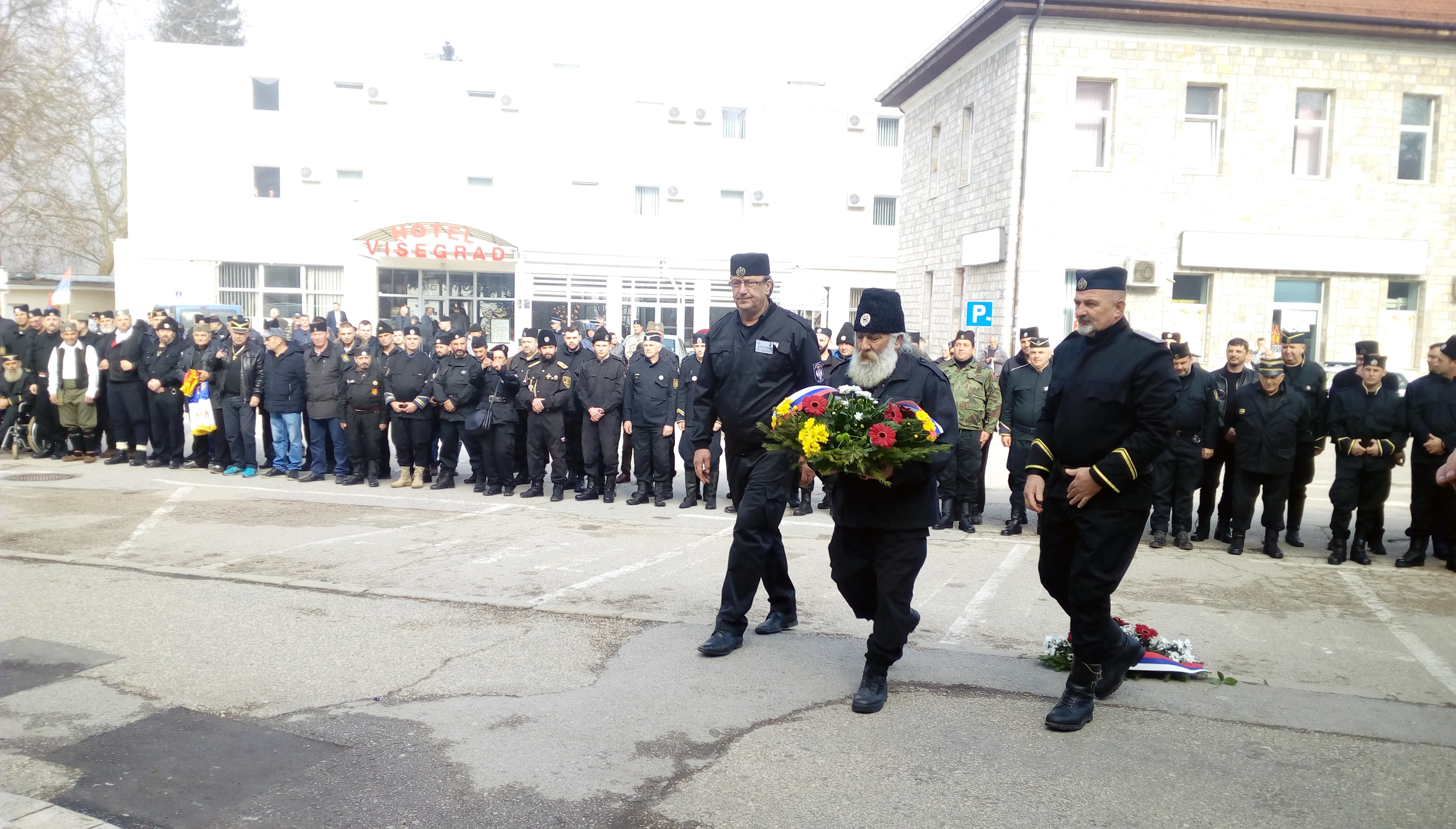
Fans and followers of the World War II nationalist Chetnik leader Draza Mihailovic gathered on Sunday in the eastern Bosnian town of Visegrad, in a controversial annual commemoration of their leader. Like in years before, the meeting triggered fierce reactions of those representing the Bosniak victims of the 1992-95 war.
Oglas
“Uncle Draza proved with his life he was a true patriot of his people and his homeland, and marking this anniversary is extremely important for the Ravna Gora movement,” said Dusan Sladojevic, the movement’s top representative.
Draza Mihailovic was a Yugoslav Serb general during the WWII but he eventually separated and formed his own group first known as the Chetnik Detachment of the Yugoslav Army and later on the Ravna Gora Chetnik Movement, all commonly known as the Chetniks.
Oglas
Being opposed to the communists, the Chetnik groups mostly collaborated with the Axis powers.
After the WWII ended, Mihailovic was captured by the communists, tried and convicted of high treason and war crimes, and eventually executed in 1946 by firing squad in Belgrade.
A Belgrade court rehabilitated him in 2015, assessing that the trial was “political and ideological” and made serious errors.
“We decided to restore all memories and all sites of the suffering of the Yugoslav army in the fatherland, wherever possible and wherever we had information on the suffering and historical events,” said Dusan Sladojevic, also the movement’s representative, addressing the crowd in Visegrad.
Oglas
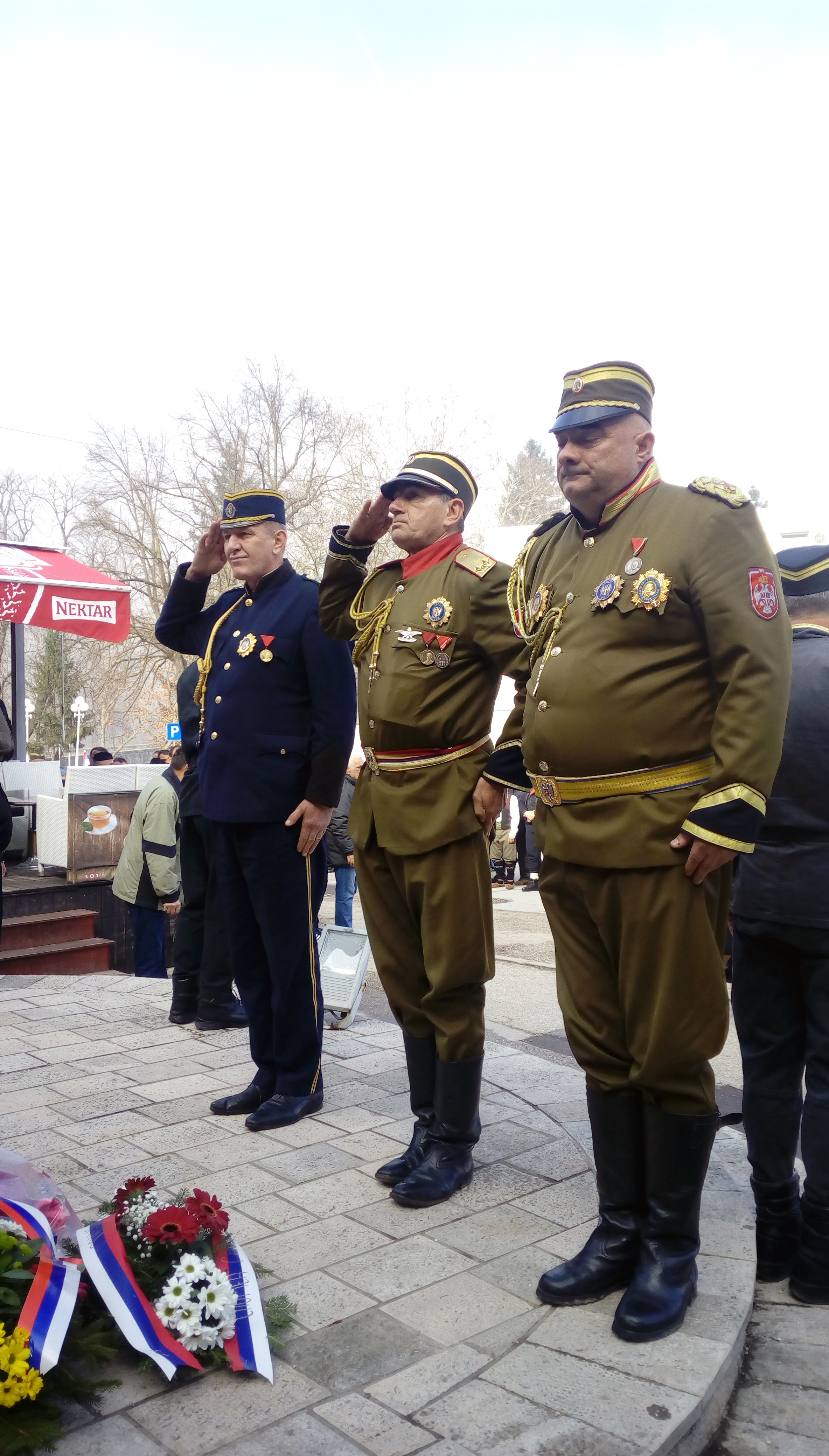

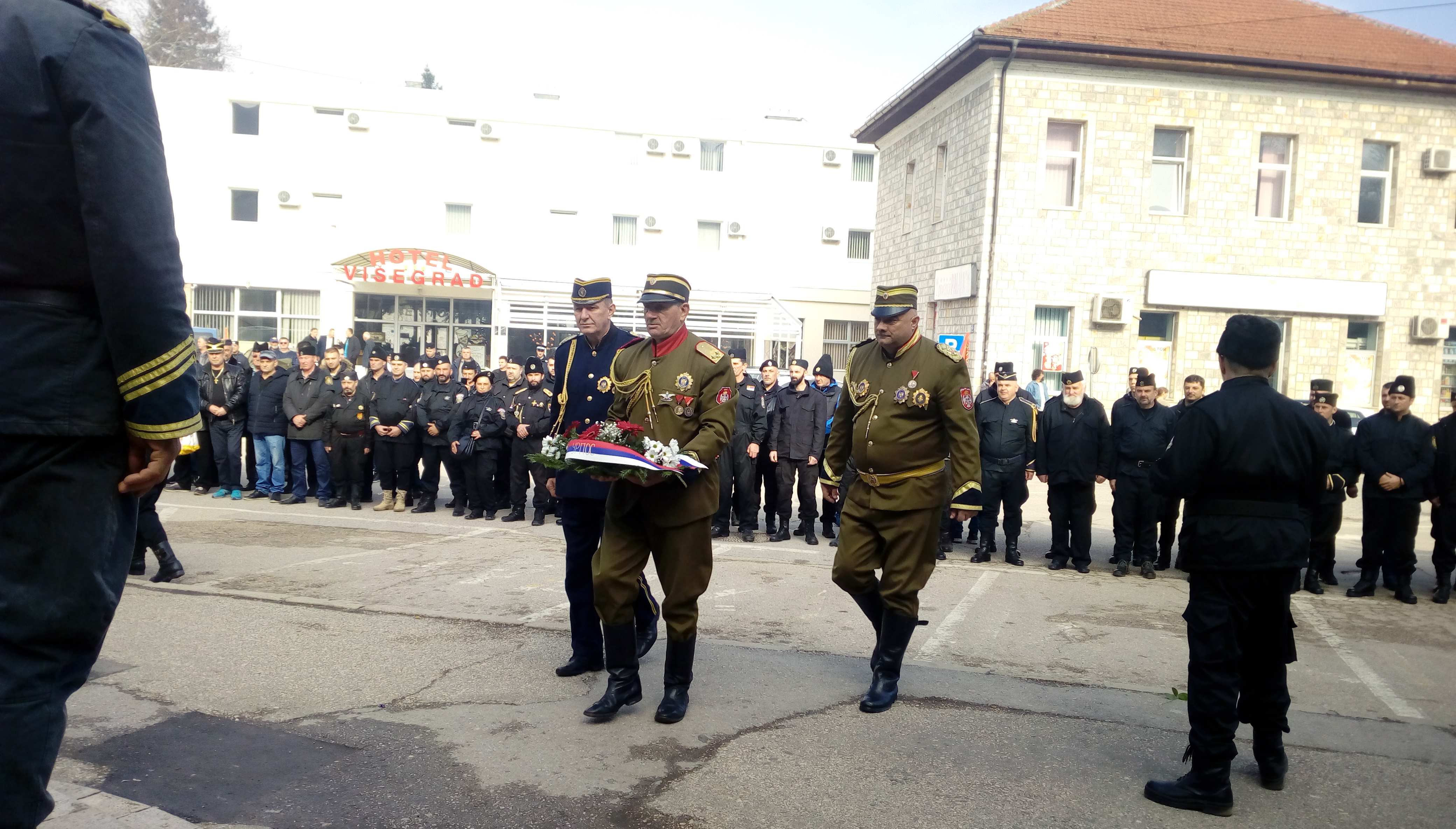

Srna | Srna
Više
Srna | Srna
Više
Srna | Srna
Više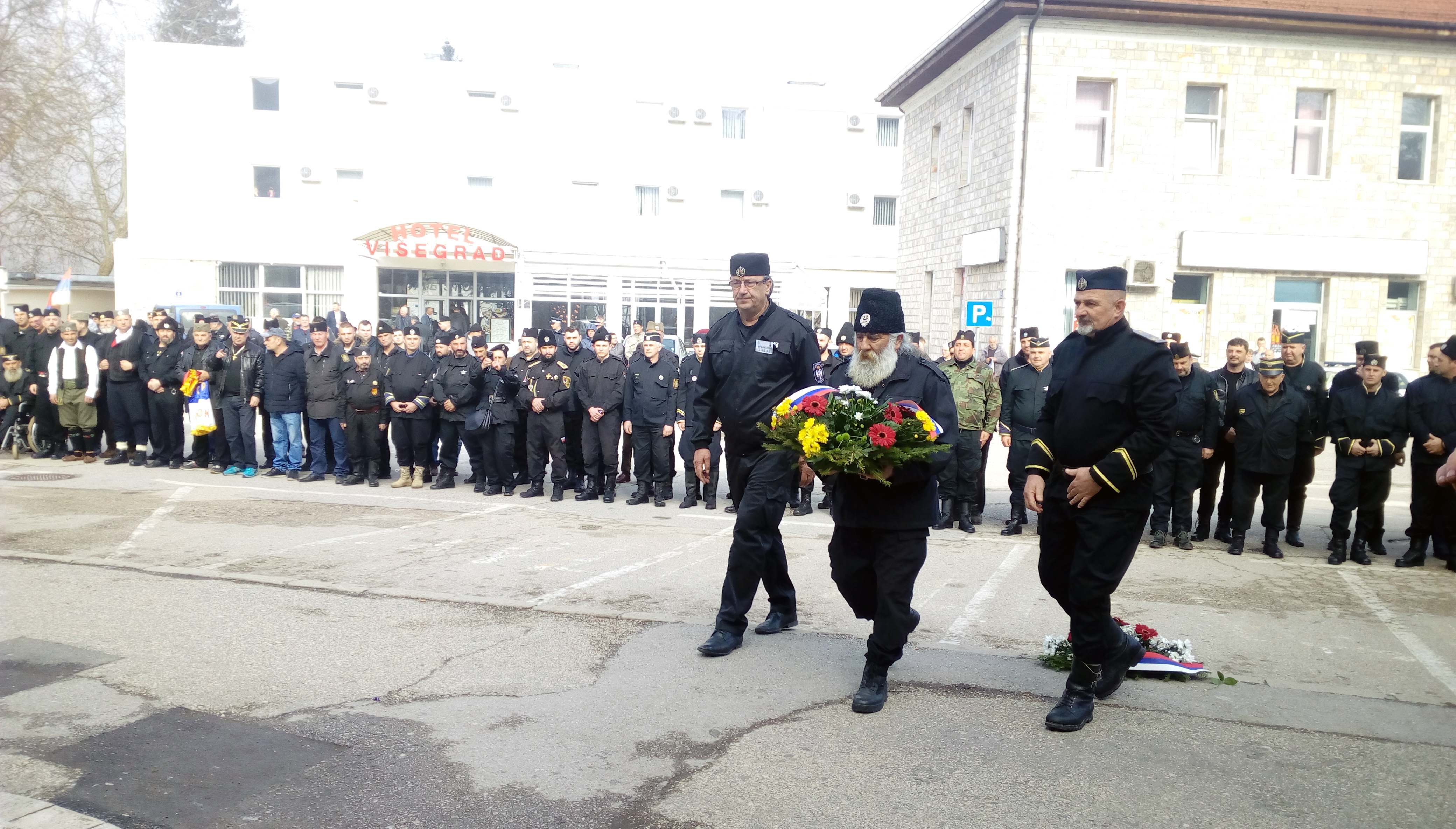
Srna | Srna
Više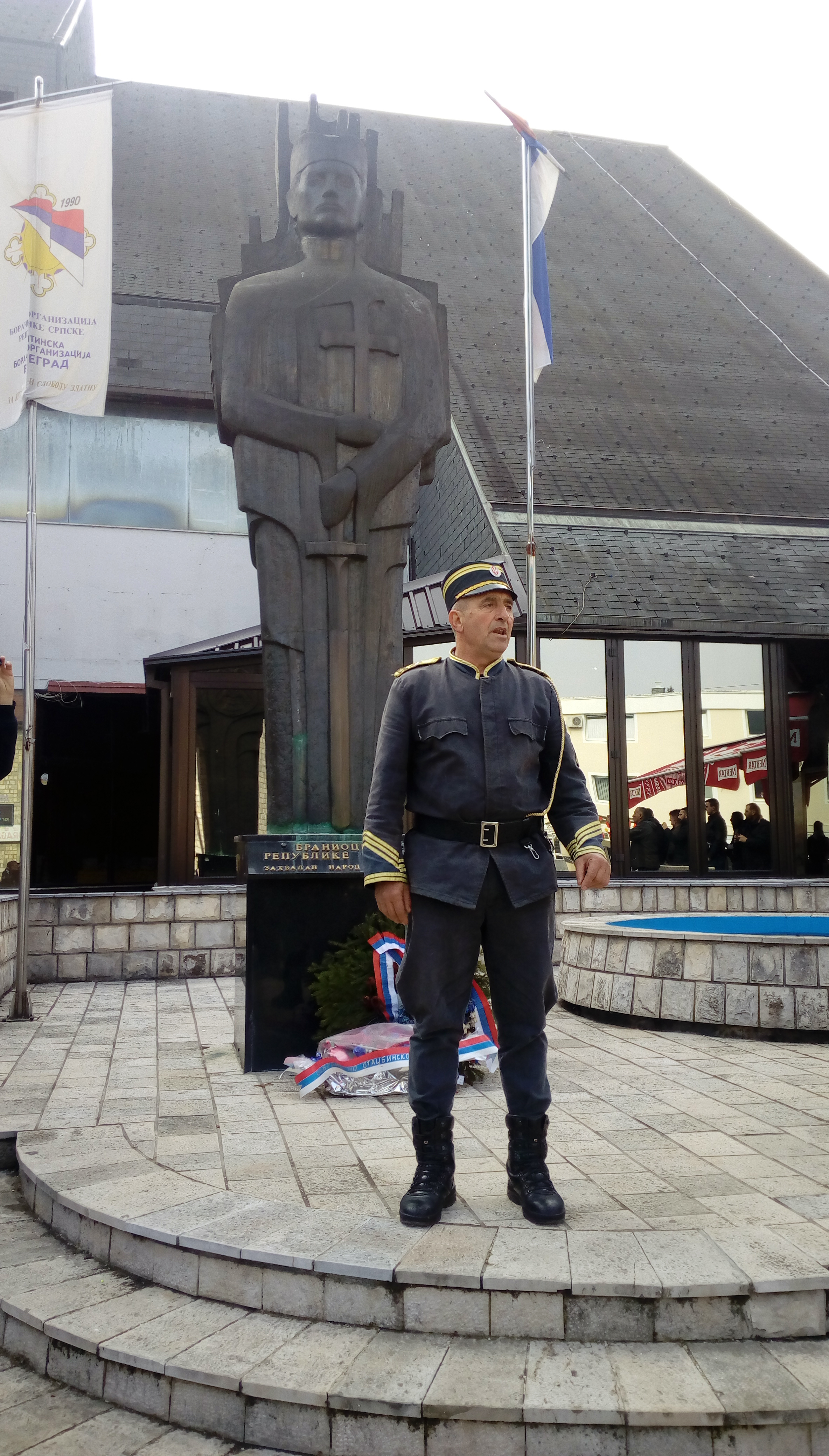
Srna | Srna
VišeBut the Bosniak returnees in Visegrad who fled during the 1992-95 war reiterated their worries about this commemoration and glorification of the Chetnik movement founder.
Chairperson of wartime victims’ association ‘Woman – a victim of war’ Bakira Hasecic blamed the Presidency, State Government, ministries and international institutions for what is happening.
“This means mocking on victims, humiliation. Is there anyone in the world to stop this because crossing the border with such uniforms… We obviously have no borders,” Hasecic told N1.
Oglas
“It goes beyond comprehension that a bus from Serbia has come carrying various uniforms, similar or resembling the ones who committed war crimes against us and genocide in Bosnia and Herzegovina. It is a shame that such scenes of horror take place in the 21st century,” said Hasecic, recalling that this manifestation triggered no reaction in the previous years either.
The main Bosniak SDA party, as well as the centre-left DF, the SDP and the People and Justice harshly condemned the event, urging the competent authorities to react.
Kakvo je tvoje mišljenje o ovome?
Učestvuj u diskusiji ili pročitaj komentare
Oglas
Kakvo je tvoje mišljenje o ovome?
Učestvuj u diskusiji ili pročitaj komentare
Oglas





 Srbija
Srbija
 Hrvatska
Hrvatska
 Slovenija
Slovenija









